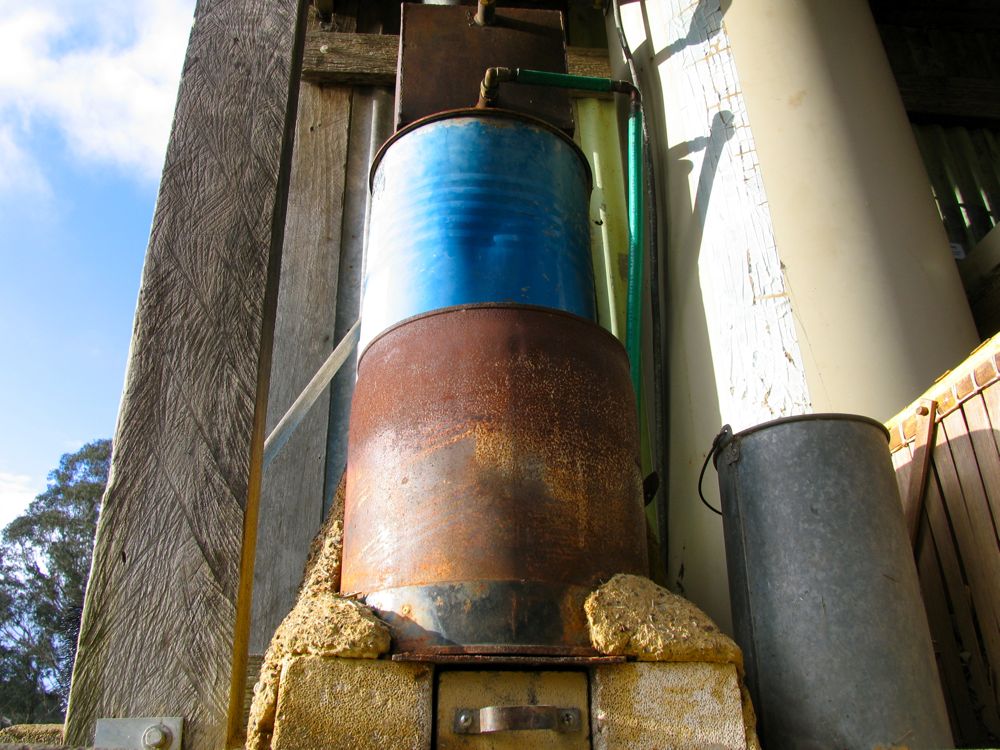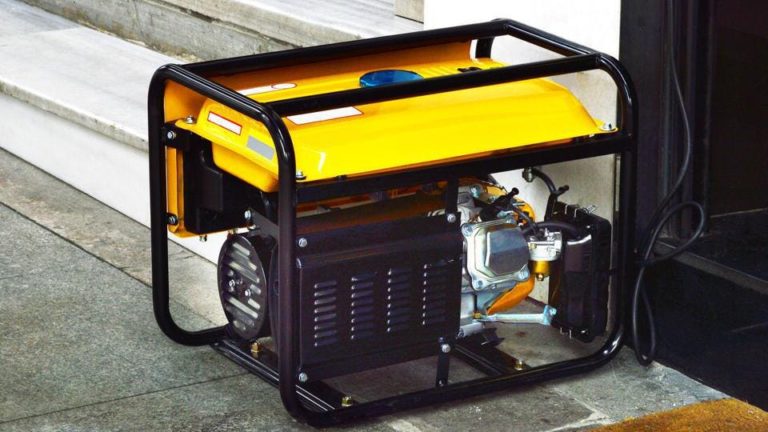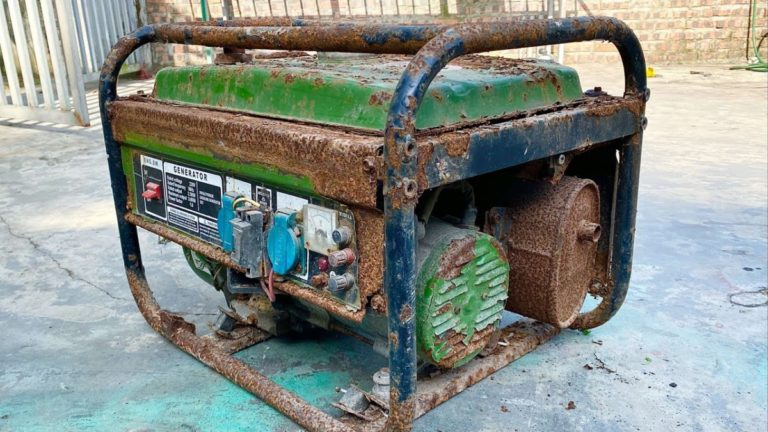Water heaters are essential appliances that provide warm water for various household uses, but they can also be a significant drain on energy resources.
However, with the increasing awareness of environmental concerns and the rising costs of traditional energy sources, homeowners are now looking for more efficient systems to heat their water.
Off-grid water heating is an innovative solution that provides warm showers while minimizing energy consumption and reliance on grid power.
This article explores some of the most efficient off-grid water heating systems available in 2023, comparing their features and benefits to help homeowners make informed decisions about switching to a more sustainable water heating solution.
With these reliable and cost-effective options, you can enjoy warm showers without compromising your commitment to reducing your carbon footprint or energy bills.
Solar Water Heaters
Solar water heaters use solar panels to heat water, which can be stored in a tank for later use. These systems are a popular choice for off-grid water heating as they rely on renewable energy and can be used in combination with a backup heat source.
By leveraging the energy of the sun, these systems can provide a consistent supply of hot water, regardless of the season or location.
Unlike traditional water heaters that rely on non-renewable energy sources, solar water heaters use solar panels to capture the sun’s rays and convert them into heat.
This heat is then stored in a tank, allowing you to access hot water on demand.
The best part about solar water heaters is their versatility.
Not only can they be used as a standalone water heating solution, but they can also be combined with a backup heat source, such as a propane or electric heater.
This ensures that you always have access to hot water, even on cloudy days or during the winter months.
Solar water heaters are designed to be energy-efficient, which means they can help reduce your carbon footprint and lower your water heating costs over time.
Overall, solar water heaters offer a smart and sustainable solution for off-grid water heating that is both reliable and cost-effective.
Heat Pumps
Heat pumps are a highly efficient option for off-grid water heating, as they can extract heat from the air or ground and use it to heat water. They are particularly useful in colder climates where traditional solar water heaters may not be effective.
Heat pumps are a highly efficient option for off-grid water heating, particularly in colder climates where traditional solar water heaters may not be effective.
These pumps can extract heat from the air or ground, using it to heat water instead of relying on solar power.
This makes them a reliable and cost-effective solution for off-grid water heating, especially in regions with harsh winters.
One of the key advantages of heat pumps is their ability to operate in low temperatures.
While traditional solar water heaters may struggle to generate heat in colder climates, heat pumps can continue to operate effectively even in temperatures as low as -20°C (-4°F).
This makes them an ideal choice for off-grid water heating in regions with severe winters.
Heat pumps can be powered by renewable energy sources such as wind or hydro power, making them a highly sustainable option for off-grid water heating.
And because they are highly efficient, heat pumps can often provide hot water at a lower cost than traditional water heaters.
Overall, heat pumps are an excellent choice for off-grid water heating in colder climates.
Their ability to operate in low temperatures, combined with their high efficiency and renewable energy capabilities, make them a reliable and cost-effective solution for hot water needs.
Propane or Kerosene Water Heaters
Propane or kerosene water heaters can be used in off-grid locations where access to electricity or solar power is limited. These heaters use a gas flame to heat water, and can be more cost-effective than electric water heaters.
If you’re living off the grid or have limited access to electricity or solar power, a propane or kerosene water heater can be a reliable and cost-effective solution for meeting your hot water needs.
These heaters use a gas flame to heat water, which can be more efficient and cost-effective than electric water heaters, especially in remote areas where access to electricity may be limited.
Propane and kerosene water heaters are available in a range of sizes and styles to suit different needs and applications, and many models come with features such as automatic ignition and adjustable temperature controls.
Propane and kerosene are both readily available and can be stored on site, making these water heaters ideal for use in off-grid locations.
By selecting a high-quality propane or kerosene water heater and following proper installation and maintenance guidelines, you can enjoy a reliable and efficient source of hot water, even in the most remote locations.
Wood-Fired Water Heaters
Wood-fired water heaters use a wood-burning stove to heat water, making them a popular choice for off-grid locations where access to other energy sources is limited. These heaters can be more expensive to install, but can be more cost-effective in the long run.
Looking for a reliable and cost-effective solution for your water heating needs in an off-grid location?
Consider investing in a wood-fired water heater!
These innovative systems use a wood-burning stove to heat water, providing a sustainable and independent solution for your hot water needs.
While the initial installation cost of a wood-fired water heater may be higher than traditional options, the long-term benefits can make it a more cost-effective choice.
By using locally sourced wood fuel, these heaters can reduce your reliance on non-renewable energy sources and lower your overall energy costs.
The self-sufficient nature of wood-fired water heaters can provide peace of mind and security, especially in remote areas with limited access to other energy sources.
When selecting a wood-fired water heater, it’s important to consider factors such as the size of your household, your water usage needs, and the availability of wood fuel in your area.
Proper maintenance and upkeep of the heater is essential to ensure optimal performance and longevity.
With proper care and attention, a wood-fired water heater can provide reliable and affordable hot water for many years to come.
Geothermal Water Heaters
Geothermal water heaters use the natural heat of the earth to heat water, making them a sustainable and efficient option for off-grid water heating. These heaters can be more expensive to install, but can provide a consistent supply of hot water.
If you’re looking for a sustainable and efficient option for off-grid water heating, consider investing in a geothermal water heater.
These innovative systems harness the natural heat of the earth to provide a consistent supply of hot water, making them an excellent choice for remote locations or areas with limited access to traditional water heating systems.
Geothermal water heaters use a loop system that circulates water through a series of pipes buried in the ground.
As the water flows through the pipes, it absorbs the natural heat of the earth, warming it to a comfortable temperature.
This process is not only environmentally friendly, but also highly efficient, as it eliminates the need for fossil fuels and reduces the carbon footprint of your water heating system.
While the initial cost of installing a geothermal water heater may be higher than traditional systems, the long-term benefits and savings make it a worthwhile investment.
These systems can provide up to 50% more hot water than traditional systems, and can last up to twice as long.
Many governments offer incentives and rebates for installing sustainable energy systems, which can help offset the initial cost.
Geothermal water heaters are a sustainable and efficient option for off-grid water heating.
While the initial cost may be higher, the long-term benefits and savings make it a worthwhile investment for those looking to reduce their carbon footprint and provide a consistent supply of hot water.
Rainwater Harvesting
Rainwater harvesting systems can be used to collect and store rainwater for later use, which can be a cost-effective and sustainable option for off-grid water heating. The collected rainwater can be used to flush toilets, wash clothes, and other non-potable uses.
Rainwater harvesting systems offer a cost-effective and sustainable solution for off-grid water heating.
By collecting and storing rainwater, you can provide a reliable source of water for non-potable uses such as flushing toilets, washing clothes, and irrigating plants.
This can be especially useful for off-grid homes that do not have access to municipal water supplies or for those who want to reduce their reliance on public utilities.
The installation of a rainwater harvesting system typically involves the installation of a rainwater collection device, such as a gutter system, on the roof of your home.
The collected rainwater is then channeled into a storage tank, where it can be stored until it is needed.
Depending on the size of your home and your water needs, you may need to install a larger or smaller storage tank to meet your requirements.
One of the biggest advantages of rainwater harvesting systems is their ability to reduce your reliance on municipal water supplies.
By collecting and storing rainwater, you can reduce your water bill and decrease your environmental footprint.
Rainwater harvesting systems can be especially useful for off-grid homes that do not have access to municipal water supplies.
In addition to the financial benefits, rainwater harvesting systems can also provide a reliable source of water for non-potable uses.
This can be especially useful during times of drought or water shortages, when municipal water supplies may be restricted.
By using rainwater for non-potable uses, you can conserve potable water for drinking and cooking, reducing the demand on your water supply.
Overall, installing a rainwater harvesting system can be a great way to reduce your water costs, decrease your environmental footprint, and ensure a reliable source of water for your home.
Rainwater harvesting systems are designed to collect and store rainwater for later use, and they can be a cost-effective and sustainable option for homes that do not have access to municipal water supplies or for those looking to reduce their water costs.
The system typically consists of a roof-based collection system, a storage tank, and a distribution system for delivering the water to the points of use.
The roof-based collection system collects rainwater from the roof surface and channels it into the storage tank, which can be made of various materials such as plastic, steel, or concrete.
The storage tank is designed to hold a certain volume of rainwater, and it can be sized based on the specific needs of the home.
The distribution system, which can be made up of pipes and fittings, delivers the stored rainwater to the points of use, such as the kitchen, bathroom, and garden.
Rainwater harvesting systems can be designed to meet the specific needs of the home, and they can be customized to include features such as filtration, UV disinfection, and pressure pumps.
The system can also be integrated with the home’s existing plumbing system, allowing the rainwater to be used for all or some of the home’s water needs.
Some of the benefits of installing a rainwater harvesting system include reduced reliance on municipal water supplies, lower water bills, and the ability to use the collected rainwater for irrigation, flushing toilets, and other non-potable uses.
By collecting and storing rainwater, the system can help reduce stormwater runoff and contribute to a more sustainable future.
Overall, rainwater harvesting systems offer a cost-effective, sustainable, and customizable solution for off-grid water needs.]]
Rainwater harvesting systems are a practical and sustainable option for off-grid water needs.
These systems can be tailored to meet the specific requirements of each home, and can include features such as filtration, UV disinfection, and pressure pumps to ensure the quality of the collected rainwater.
The system consists of a roof-based collection system, which collects rainwater from the roof surface and channels it into a storage tank.
The storage tank can be made of various materials, such as polyethylene or concrete, and can be located above or below ground.
Once collected, the rainwater can be used for a variety of purposes, including irrigation, flushing toilets, and washing clothes.
In addition to providing a reliable source of water, rainwater harvesting systems can also help reduce stormwater runoff and mitigate the negative impacts of urbanization on the environment.
By investing in a rainwater harvesting system, homeowners can not only reduce their water bills but also contribute to a more sustainable future for their community.
Graywater Systems
Graywater systems collect and reuse water from sinks, showers, and washing machines, making them a sustainable and efficient option for off-grid water heating. The collected graywater can be used for irrigation, flushing toilets, and other non-potable uses.
Graywater systems are an excellent option for off-grid water heating and offer several benefits.
These systems collect and reuse water from sinks, showers, and washing machines, reducing the amount of potable water needed for these non-potable uses.
The collected graywater can be used for irrigation, flushing toilets, and other non-potable purposes, freeing up potable water for drinking and cooking.
Graywater systems can be particularly useful for households with high water usage, such as those with large gardens or multiple toilets.
Graywater systems can be designed to be fully sustainable and efficient, with features such as rainwater harvesting and greywater reuse, and can be integrated into new builds or retrofitted to existing properties.
By implementing a graywater system, households can reduce their water bills, lower their environmental impact, and contribute to a more sustainable future.
Solar Water Heaters
Solar water heaters use the sun’s energy to heat water, making them a sustainable and efficient option for off-grid water heating. These heaters can be more expensive to install, but can provide a consistent supply of hot water without relying on electricity or fossil fuels.
Solar water heaters are a sustainable and efficient solution for off-grid water heating, leveraging the power of the sun to provide a consistent supply of hot water.
While the initial investment for installation may be higher, these heaters offer long-term cost savings by eliminating the need for electricity or fossil fuels.
Solar water heaters work by circulating a fluid through a solar collector, which absorbs the sun’s energy and transfers it to the water.
This allows for a constant supply of hot water, even on cloudy days or during the winter months.
Many solar water heaters come equipped with features such as tankless design, remote monitoring, and intelligent controllers that optimize energy efficiency and performance.
By harnessing the renewable energy of the sun, solar water heaters offer a smart and sustainable choice for off-grid water heating needs.
Want More? Dive Deeper Here!
Hey there! If you’re the type who loves going down the rabbit hole of information (like we do), you’re in the right spot. We’ve pulled together some cool reads and resources that dive a bit deeper into the stuff we chat about on our site. Whether you’re just killing time or super into the topic, these picks might just be what you’re looking for. Happy reading!






